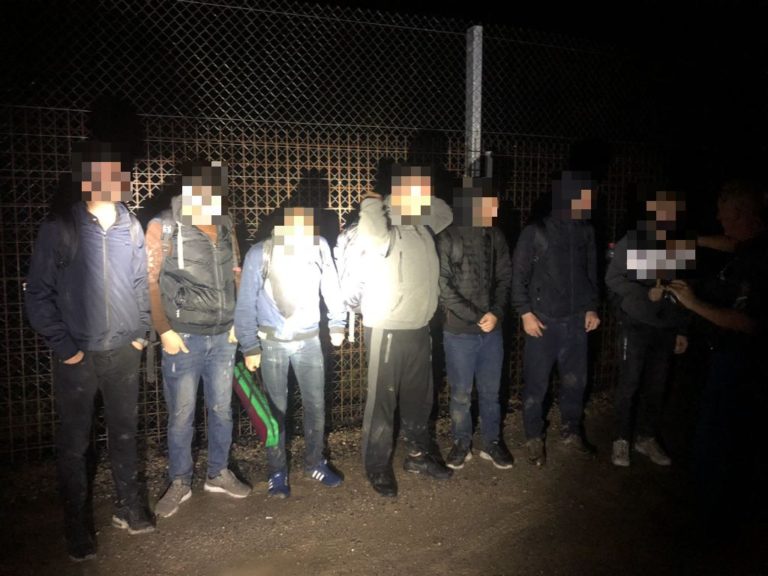migration
Orbán: Hungarians are protecting Europe

Government: Brussels keeps pressuring and attacking Hungary
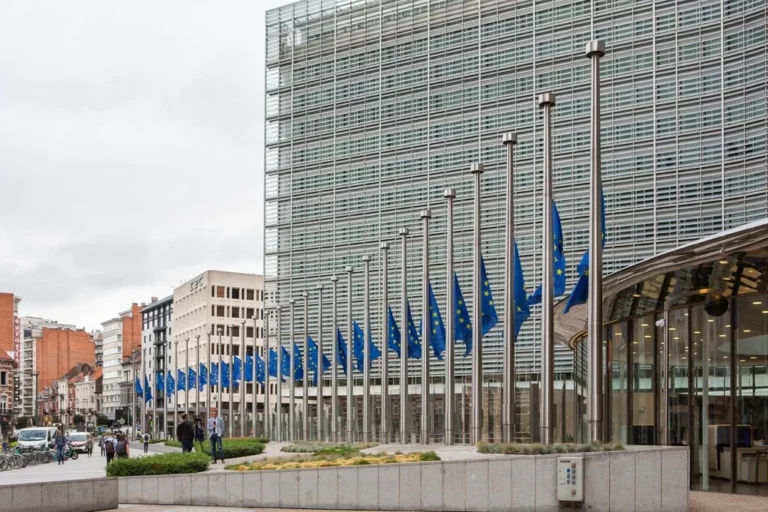
Szijjártó: Integration in Western Europe a failure

Slovak foreign minister Miroslav Wlachovsky held talks in Budapest

Government: Hungary will not allow the EU to set up “migrant ghettos”
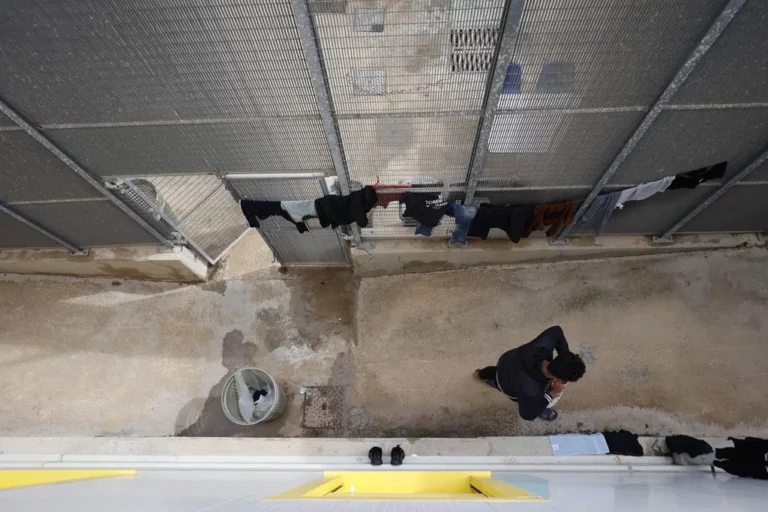
Orbán to EU: Where is the money?

Orbán: Brussels budget proposal lacks seriousness, unsuitable for debate

Hungarian justice minister: Migration policy to be big element of EU presidency
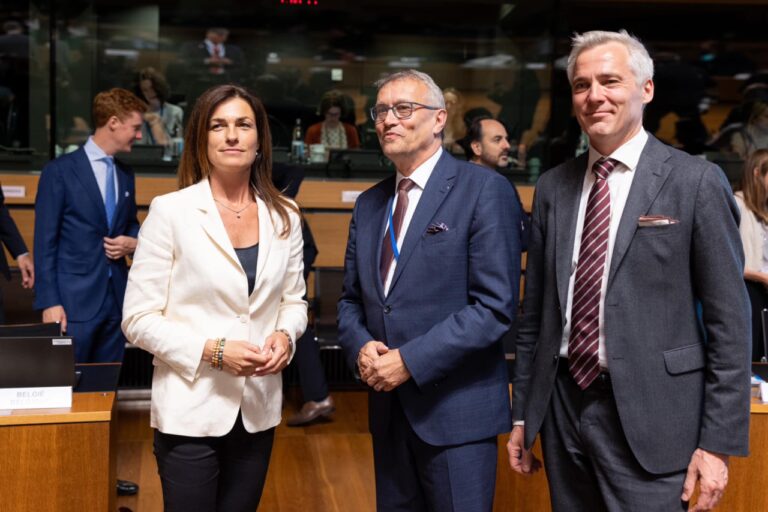
PM Orbán knows the solution to migration

Hungary wants Brussels to clarify need for more money from member states
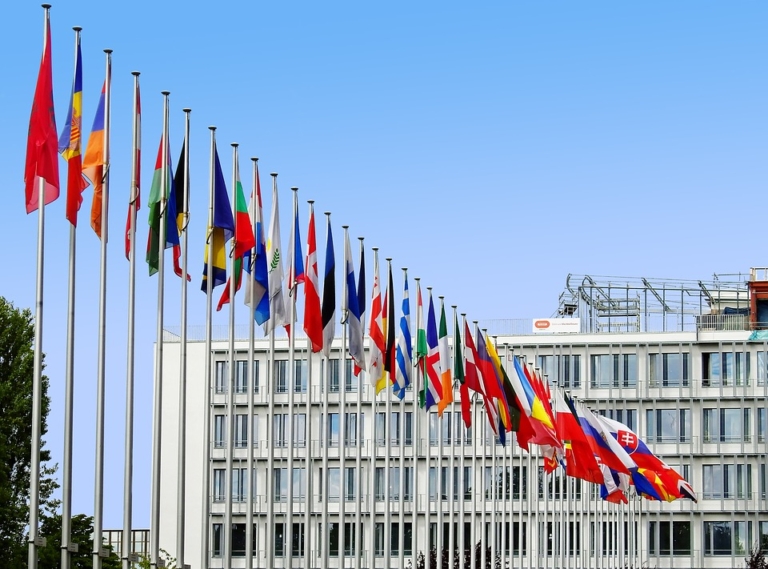
Hungarian FM: Brussels migration policies creating difficulties for Europeans

Even the majority of left-wing Hungarians reject the new migrant quota
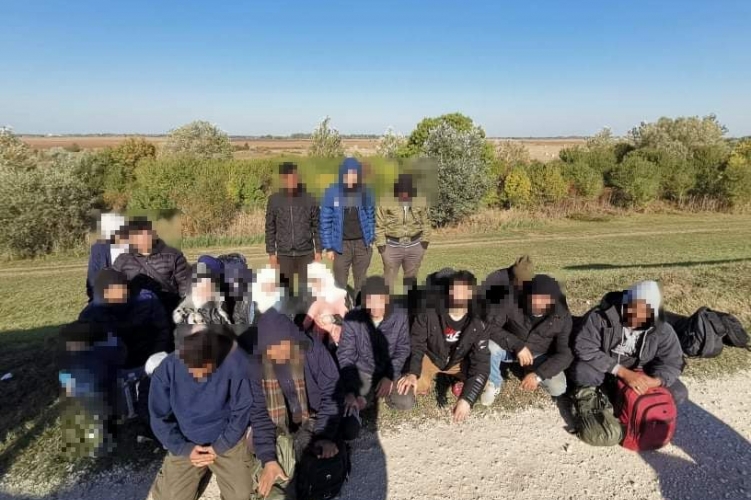
Orbán: Europe treats me as a black sheep for representing freedom
Hungary's government is democratic and is acting in line with the will of the people, while Brussels exercises "Soviet-style leadership",...
Orbán: ‘Soros empire’ behind EU migrant quota
In an interview to public radio, Prime Minister Viktor Orbán has accused the "Soros empire" of being behind the "coup-like"...
Fidesz: Migrant quotas are unacceptable for Hungary
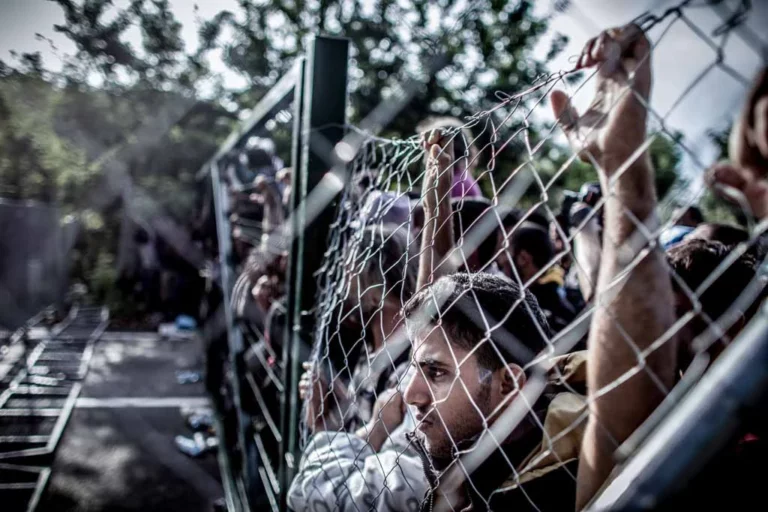
More and more foreign workers are flooding Hungary

Radical right-wing party proposes sending migrants to Africa

Minister: EU wants to distribute migrants on a mandatory basis
